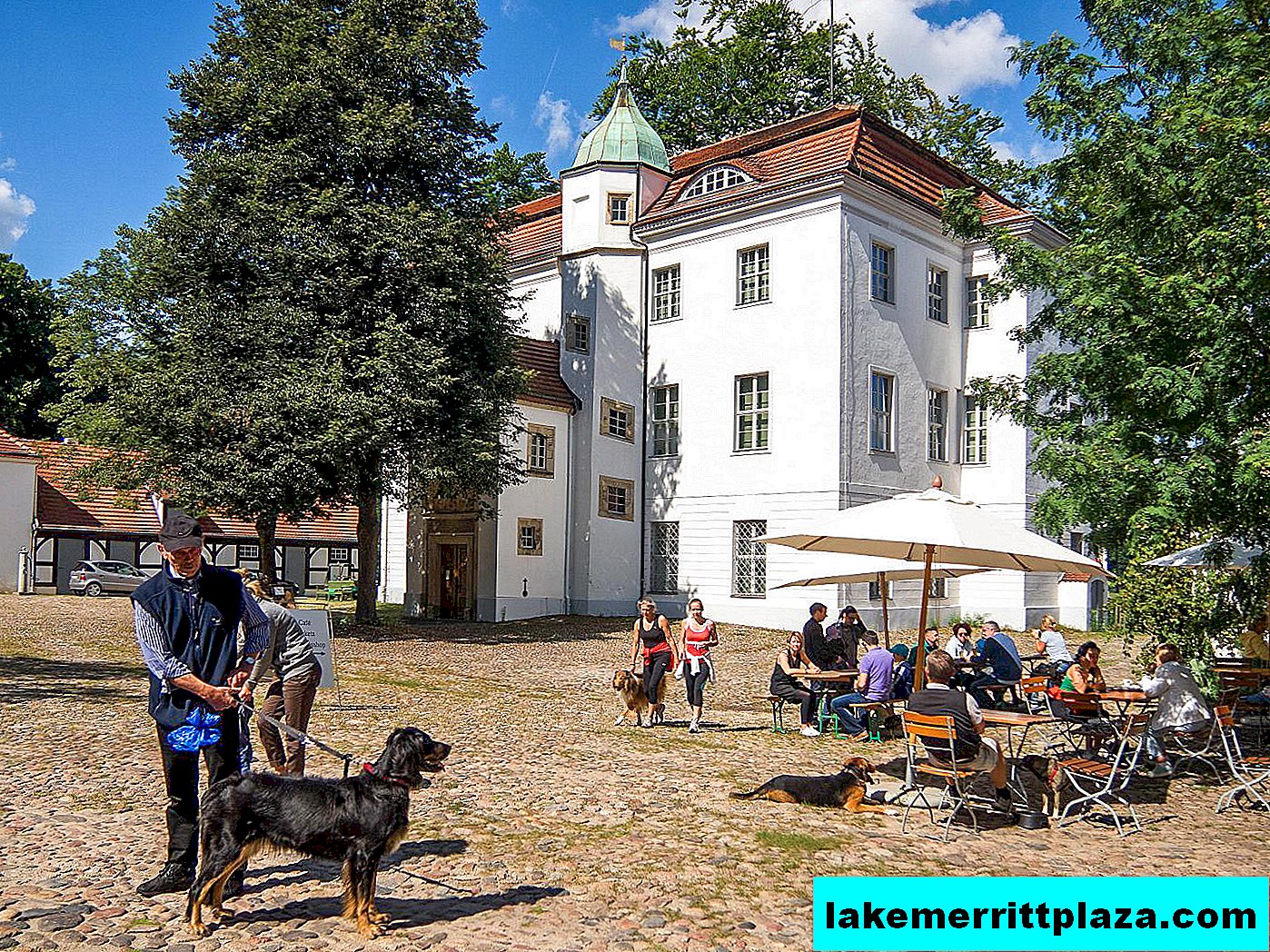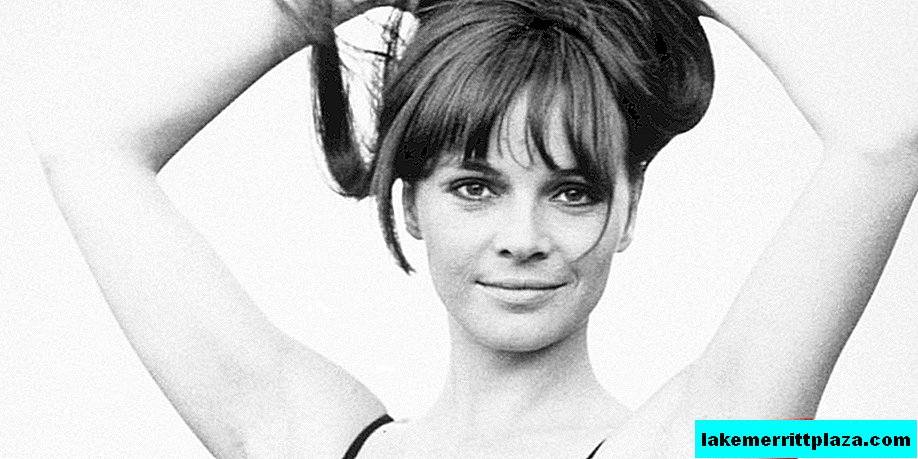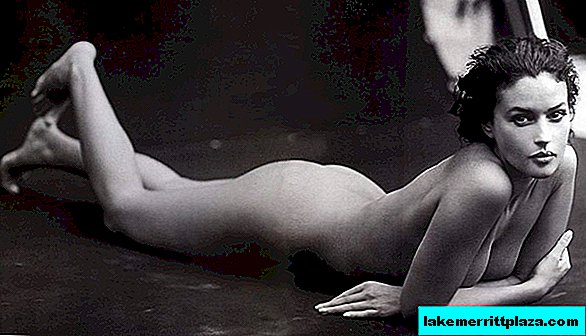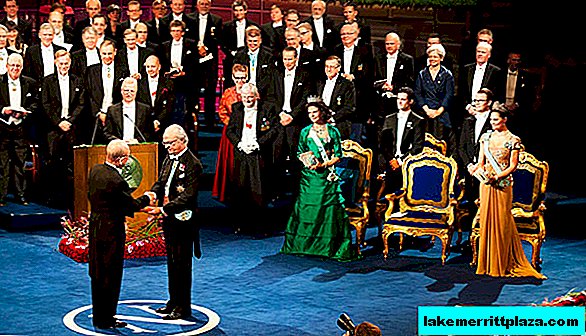What to see in Rome in 1 day and how to independently plan your route, what to take from the “Eternal City” to the maximum. Realizing that the guidebooks for the most part provide just a set of attractions without any connection between them, BlogoItaliano decided to propose a plan for a walk through the center of Rome, which will allow you to see all the most important. And the best way to start a walk is from the Vatican.
Helpful advice: When planning a busy day in Rome, set yourself a mobile audio guide in the center for the iPhone link with a map that works without the Internet, and GPS navigation, which makes it easy to find the way to nearby attractions, even if you have never been to Rome.
The audio tour includes 62 points on the popular route from the Vatican to the Coliseum. A test version of 5 points is available for free. A full tour costs only € 5, so you can try it out without risking anything. You can try the application on this page.
Vatican Morning
The Vatican is not Rome, and not Italy at all. This is a separate state, as evidenced by white and yellow flags on the walls. We’ll warn you right now that the Vatican is a religious state; you won’t be allowed into holy places in short shorts and skirts above your knees. You need to have with you something "hip" and long, which can be quickly fastened and then easily removed. If you even forget, you can easily buy from local merchants (they are in the vicinity of the Vatican - hoo).

The Vatican is not just a city in a city, it is a small state inside a big city
The Vatican has many interesting places where you can "hang" for a long time. Be sure to check out St. Peter's Basilica and stroll through the museums to see the Vatican's real treasure - the Sistine Chapel.
It is better to come to the Vatican at the very opening, so that there is time left in reserve for Rome itself, as well as to purchase tickets in advance - via the Internet, so as not to lose precious watches later in lines. Although visiting St. Peter's Basilica is free, you won’t be allowed to enter museums and the Sistine Chapel without tickets.
When planning a visit to the Vatican, be prepared to lose a total of several hours in lines. About what they are and how to get around them in order to save a few precious hours, the author of BlogoItaliano told in a short video below:
Tickets for admission to the Museums and the Chapel without queues can be purchased on this special page. We also recommend reading our more detailed article on how to buy tickets to the Vatican and visit all the most interesting.
| Check schedule and availability of tickets ››› |
Another way to “quickly” explore the most important thing in the Vatican is to do it as part of a group or individual excursion, covering the most important thing. Links to such excursions are given below. If you do not have much time in Rome, then an individual excursion is preferable, since you can start early so that there is time left for visiting other attractions.
Day in Rome
Time in the Vatican flies unnoticed. It is best to visit the Papal Republic until noon, otherwise the dream of seeing Rome in 1 day can remain only a dream. Therefore, without losing time, we hit the road.
The first thing to do is cross the Tiber River along the Ponte Vittorio Emanuele II bridge and continue along the avenue of the same name until you see a monument to the Italian politician Marco Mingetti on Piazza di San Pantaleo on your left. Here you need to turn left, into the narrow street Via della Cuccagna, which will lead to the famous Piazza Navona in Rome.

Architectural dominants of Navona Square - St. Agnes Church and the Fountain of the Four Rivers
Navona Square - A true embodiment of Baroque with all the sophistication and luxury of this architectural style. There are several palaces of the 17th century, two churches and the Fountain of the Four Rivers.
Be sure to pay attention to Church of St. Agnes (Sant'Agnese in Agone). It was built in honor of, as you might guess, the holy martyr Agnes at the behest of Pope Innocent X. The head of Agnes herself is kept as the main relic in the church. The next time you plan to go to Rome on your own, read about this place. A mystical and slightly eerie legend is associated with it.
Opposite the church of St. Agnes you can see Four River Fountain (Fontana dei Quattro Fiumi). This work of art was originally conceived not as an independent object, but as a decoration of the obelisk, which in ancient times was brought from Egypt.
But the author of the project - the great architect Bernini - in this case was a little "overdone", since the obelisk itself was lost against the backdrop of magnificence, wealth and variety of sculptures of the fountain’s composition itself.
From Piazza Navona it’s not far from another attraction of Rome, which is worth a look, planning an independent route through Rome for 1 day - the Pantheon (free admission).

The Pantheon was once a pagan sanctuary
Pantheon - something unimaginable. An absolutely indefinable architectural monument, built back in 126 during the reign of Emperor Hadrian. It was built as a pagan temple dedicated to all the gods. In the era of Christianity, he was consecrated and "remade" in this way under the Christian Cathedral. The interior decoration is still well preserved, not least due to the fact that the temple was never empty and was not abandoned.
From the Pantheon "at hand" to another famous Roman square - Column Square. It got its name from the established Column of Marcus Aurelius. In addition to the columns in the square, you can see the palace of Chigi (Palazzo Chigi) of the XVI century, which currently houses the residence of the Prime Minister of Italy.
Of course, you will not be allowed into the residence, but a good compensation will be one place where Schiller, Stendhal, Goethe and other legendary personalities have often been. it cafe "Greco", it is nearby, at Via dei Condotti, 86.

Trevi Fountain - Rome's largest fountain
Via dei Sabini from Piazza Colonna will lead to Trevi Fountain - Another of the most "postcard" places that you should see in Rome yourself. This is not only the most beautiful fountain in the city, but also the largest - almost 26 meters.
The Trevi Fountain is a unique component of the facade of the Palazzo Poli. Is it necessary to explain that a coin must be thrown into the fountain? By the way, on the right side of the fountain near the hat on the ledge there are so-called "lovers' tubes" from which you can drink water.
We move on in our peppy attempt to get around Rome in 1 day. Return via Via dei Sabini or the nearby Via delle Murate to Via del Corso, which is also not worth a look.
Via del Corso - This is one of the most "boutique" and "store" streets in Rome. True, contrary to official advertisements, there are not so many really expensive and luxurious boutiques here - they are scattered around the neighboring streets, but for a budget shopping, Via del Corso is just a storehouse.
Another thing is how you, laden with packages, will continue to walk, but, in any case, you can definitely ask the price and remember the place for the next trip to Rome yourself. Actually, the most "concentration" of stores will be just at the intersection with Via dei Sabini.
A leisurely walk through the boutiques of Corso Street will lead to Piazza Venezia, which should also be included in the itinerary for a walk in Rome in 1 day.

Vittoriano - a monument to the greatness of the first king of Italy
Square of venice It would be nothing particularly remarkable if it were not for one big “but” - the majestic Vittoriano. This is a monument erected in honor of the first king of Italy, Victor Emmanuel II, who sat on the throne after the unification of the lands.
You might think that the monument is a central statue, but no. All this snow-white building, which with its dimensions draws to a small palace - this is the monument of Vittoriano. Impressions guaranteed!
After taking plenty of pictures, turn onto Via del Plebiscito and move forward. After more than 100 meters you will see Ile Gesu - the main temple of the Jesuits. Michelangelo himself sketched the facade. Giacomo Barozzi da Vignoli began to build the church with the participation of Michelangelo, and Giacomo della Porta graduated without him.
One block from Il Gesu is Square Torre Argentina. Here you can admire the remains of what used to be a prestigious area of Ancient Rome. Now here on a fenced site lie dilapidated columns among rare vegetation. If you suddenly decide to ever go through Rome in 1 day, and get here at night, consider yourself lucky - in the moonlight this place looks incredibly mystical!

Rome began on Capitol Hill
Another interesting place to see in Rome on your own is Capitol hill. It is located right behind the monument to Victor Emmanuel II. This is an integral part of the very cradle of Rome - the legendary Seven Hills - the area on which the Eternal City was founded. It was here that, from time immemorial, according to legend, the she-wolf found the brothers Rem and Romulus and saved them by feeding her milk.
The path to Capitol Hill lies along the wide staircase Cordonata, which is also considered a peculiar landmark of Rome.
Evening and night in Rome
Having decided to see Rome on its own in 1 day, by the evening there will be little strength left. But there are two more places that you must see. So be patient and plan a short stop at one of the catering establishments nearby.

The Roman Forum is one of the few treasures of the Roman Empire that have survived to this day.
Closely adjacent to Capitol Hill Roman forum. Unfortunately, only picturesque ruins survived to the present day from the very heart of the Roman Empire, but even they make you stand in a dumb numbness from the realization of that greatness, power and dazzling beauty, the embodiment of which the Eternal City was at one time.
It has its own attractions: the Black Stone, the Golden Mile, the Navel of the Earth and others. When visiting Rome on your own, do not miss this place in any case.

Colosseum in the moonlight - a fantastic sight
Well, from the Forum a stone's throw to Coliseum. It is enough to just walk a little along the wide and spacious Via del Fori Imperiali.
You can see the Roman Forum and the Colosseum in the summer until late, the sights are open until 7 pm. But, as is the case with the Vatican Museums, tickets to the Coliseum (and at the same time to the Forum located nearby) also make sense to purchase in advance - via the Internet. The line here can also stretch for several hours, and the time is already evening and not get inside will be a pity. You can stock up on tickets in advance - online - on this page.
By the way, for those who want to have time to see the maximum in Rome in 1 day without missing anything significant, we recommend our step-by-step routes through the most interesting cities in Italy. With their help, you can see much more and learn a lot of valuable life hacks that will save a lot of time and money.
Any of the similar excursions in Rome or any other city will cost much more. Also, going to Italy, we highly recommend our free Country Course with many valuable tips.
Required save this article to your social networksso as not to lose. Being in Rome, it will come in handy to you more than once. And also subscribe to our Youtube channel, if you haven’t done this before.
Other interesting articles:
- How to get to Rome from Fiumicino Airport
- Public transport in Rome
- 3 Star Hotels in the Center of Rome
- 4 star Rome hotels in the center: TOP-5 BlogoItaliano
- Excursions in Rome in Russian: 5 most popular








